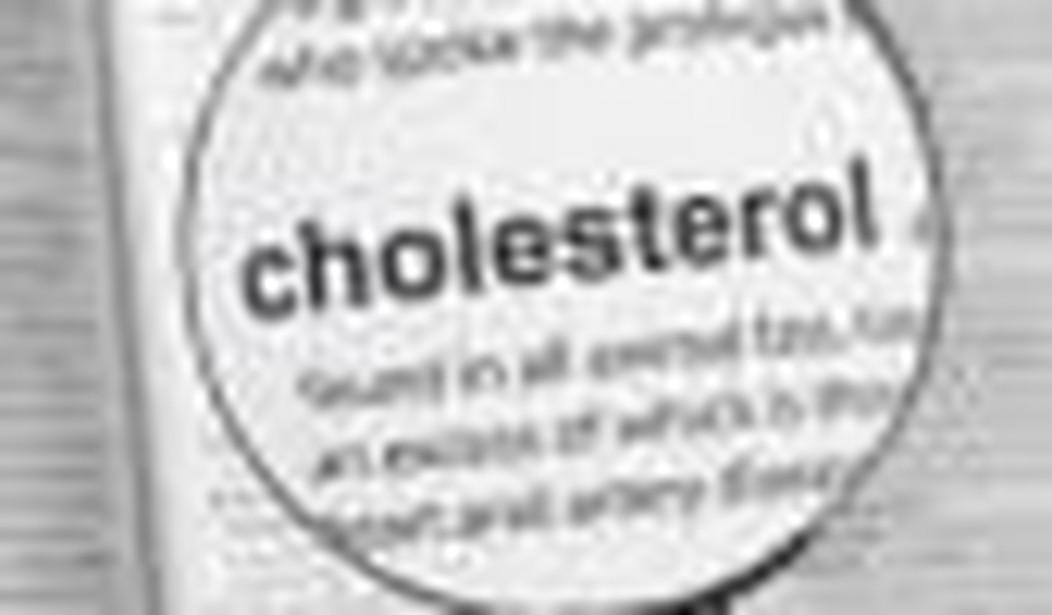A paper in the Lancet for May 17 illustrates several important features of medical science, and modern medical science in particular. First, its collaborative nature: There were 127 named authors of the paper, from 69 centers of research around the world (if I counted correctly). Second, its power to challenge received ideas: The paper raises severe doubts whether “good” cholesterol, as it is popularly known, really protects against cardiovascular disease, as many a patient must have hoped. And third, it is a powerful reminder of what is often forgotten, no matter how many times it reiterated, that correlation is not the same as causation.
Concentrations of high- and low-density lipoproteins (HDL and LDL) in the blood were supposed to have opposite effects on the patient’s risk of developing cardiovascular disease, and both were also supposed to be causative. A high level of LDL (“bad” cholesterol) predisposed causatively to such disease; a high HDL (“good cholesterol”) protected against it, also causatively. You hear people discuss their levels with one another on buses and other public places.
The paper casts doubt on the second of the propositions, the protective effect of high HDL. It is true that people in a population with high HDLs are less likely to get heart attacks than people with low levels; but this does not prove that the relationship is fortuitous, rather like that between big feet and high intelligence.
The authors found a large number of people who had a genetic variant that gave them a high HDL level. If the causative hypothesis were correct, this would mean that they would have a low rate of heart attacks, but they didn’t. The authors worked out that those with the genetic variant ought to have had a rate of heart attack 13 percent lower than controls, if the statistical association noted in previous observational studies were a causative one. Instead, their rate of heart attacks was precisely that of the control subjects who did not have high HDL levels. This suggests that having a high HDL is not causatively protective against heart attacks.
Why is this important?
Because the pharmaceutical industry has been looking for drugs that will raise the HDL level artificially. One such drug, torcetrapib, has already undergone trial, but the trial had to be stopped when it became clear that the patients taking it were doing worse than the control patients. However, the evidence from this trial was not conclusive because the drug raised blood pressure, itself a risk-factor for cardiovascular disease; newer such drugs are now being tested.
There is other evidence that the level of HDL in the blood is not causatively related to cardiovascular disease. There is a genetic condition, called Tangier disease, in which there is a very low level of HDL, but there is no increased rate of heart attacks, as there should be if the hypothesis that HDL protected against them were correct.
It does not follow from this that high levels of LDL are not causatively related to heart attacks. The evidence, on the contrary, suggests — so far — that they are. Of course, further research could cast doubt on that: it always can. We are condemned (or is it blessed?) to live only with the best available information of the time, not perfect information. Today’s orthodoxy is tomorrow’s heresy and vice versa.
Also read:









Join the conversation as a VIP Member